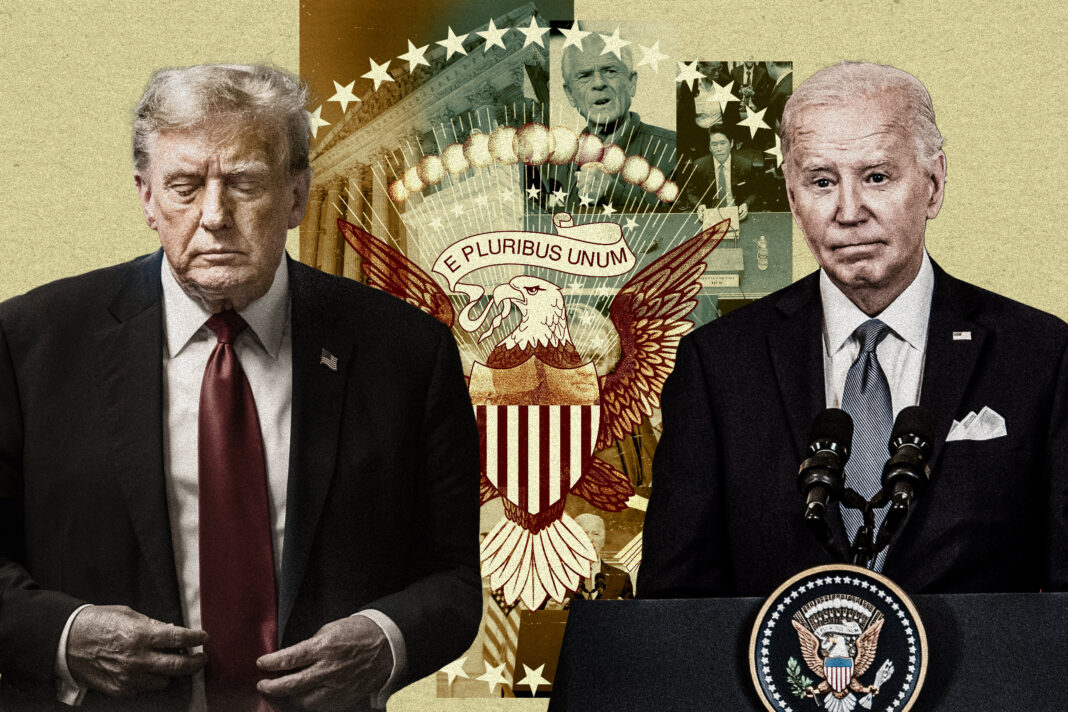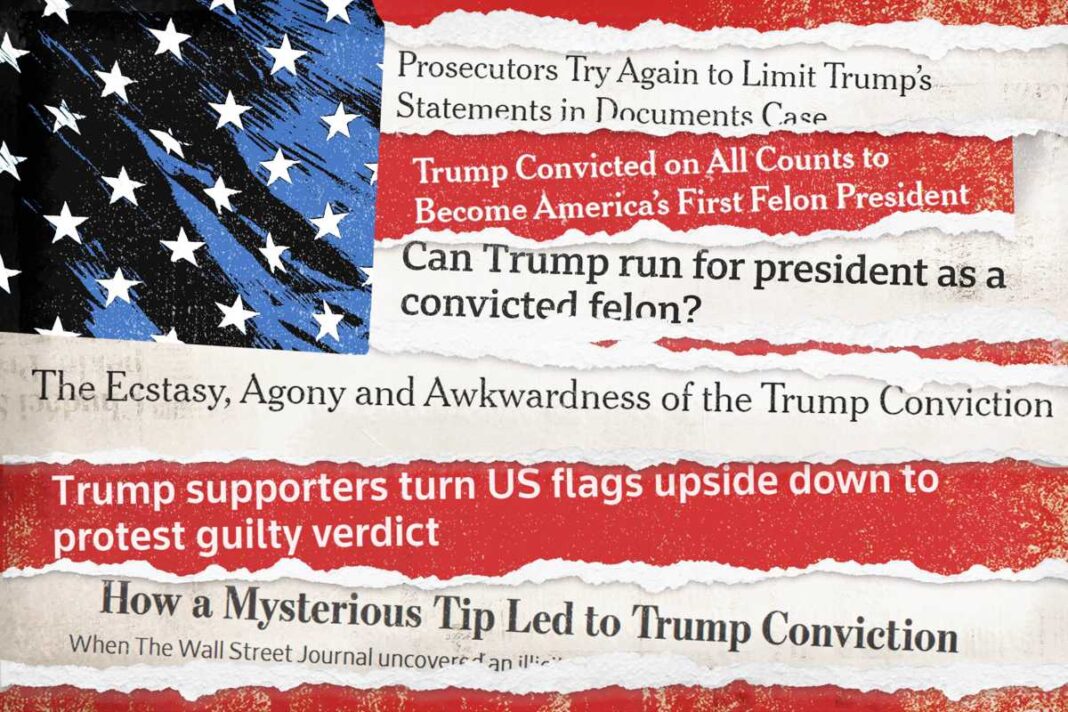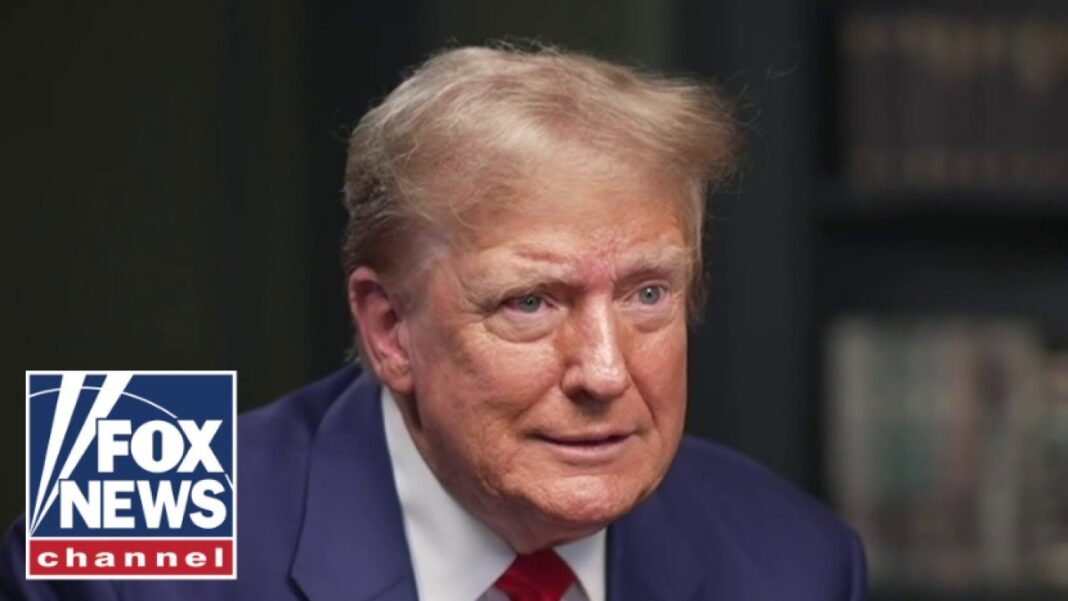Trump and Biden ironically may need to rely on each other in order to maintain or assert privilege over communications they’d like to keep under wraps.
The 2024 election cycle has resurfaced longstanding debates over presidential power and how much independence the executive enjoys from other branches of government.
Executive privilege, which refers to presidents’ withholding communications from other branches, has come under scrutiny with issues surrounding both President Joe Biden and former President Donald Trump. The idea behind executive privilege is that presidents should have the freedom to speak with advisers without fear of retaliation over the content of their comments.
George Washington University law professor W. Burlette Carter told The Epoch Times via email, “Executive privilege is designed to allow presidents the broadest freedom to speak and act in the presidency in pursuit of the public good.”
President Trump has asserted executive privilege in office and since leaving office. Two of his associates—former White House advisers Peter Navarro and Steve Bannon—were sentenced to prison for refusing to comply with congressional subpoenas while citing executive privilege.
President Trump has tried asserting privilege over several areas, including correspondence related to Jan. 6, in order to challenge subpoenas of his former aides for a grand jury probe into Jan. 6, over his financial records, and over boxes of documents he transferred from Mar-a-Lago to the National Archives.
President Joe Biden has asserted executive privilege over the audio recordings of his two-day interview with special counsel Robert Hur, who was investigating his handling of classified documents.
The executive privilege claims from both have raised questions about when its assertion is legally valid and about how much other branches can demand of the executive.
What Is Executive Privilege?
Executive privilege isn’t explicitly granted in the Constitution but derives from the document’s general concept of separation of powers.
Executive privilege is thought to have been asserted since the beginning of the republic. The nation’s first president, George Washington, refused to cooperate with Congress’s request for information on his negotiations in the Jay Treaty with Great Britain.
By Sam Dorman






